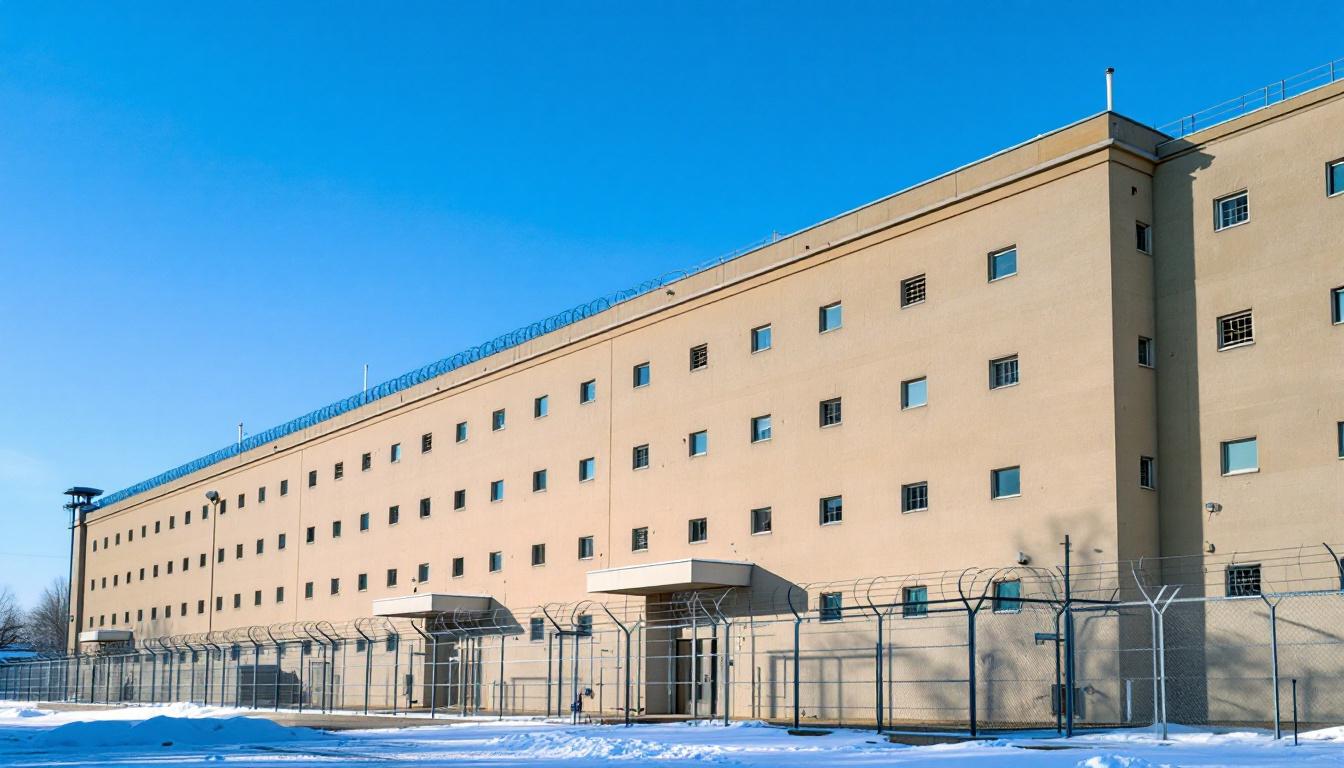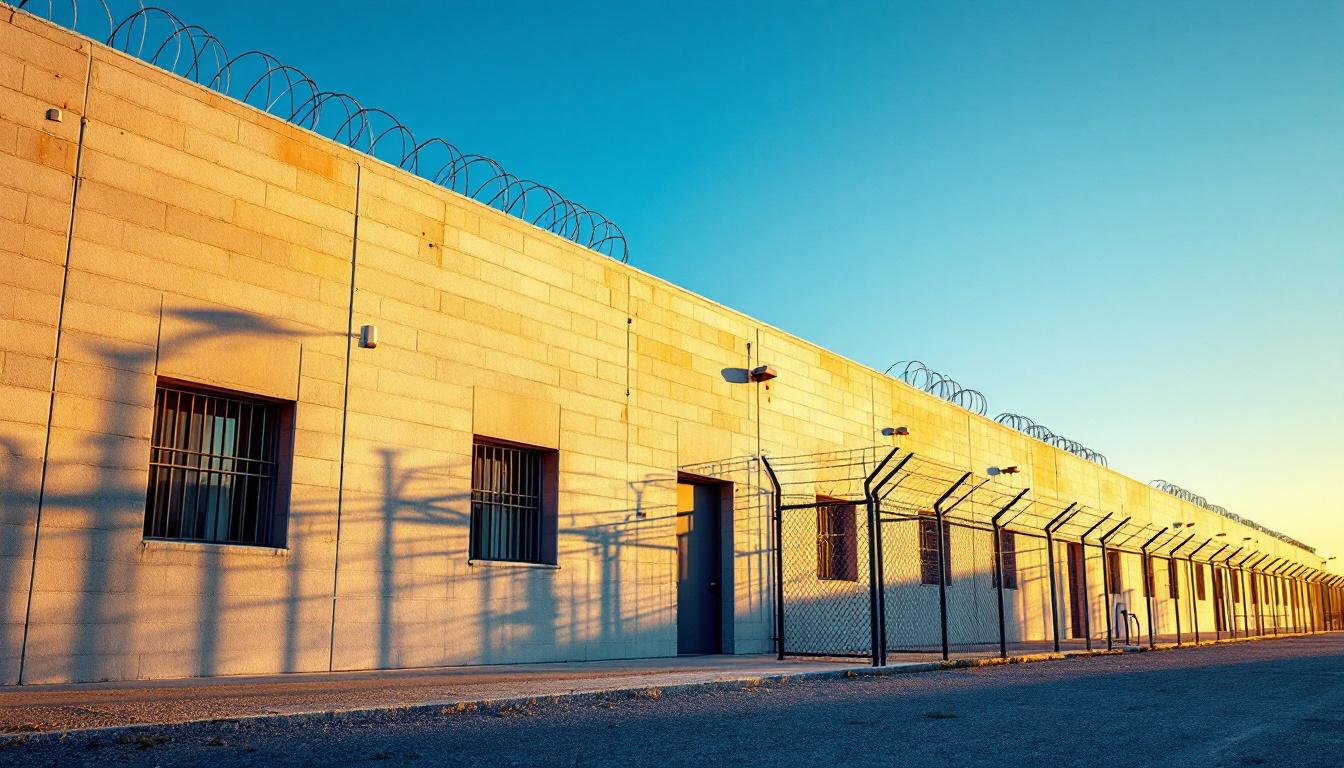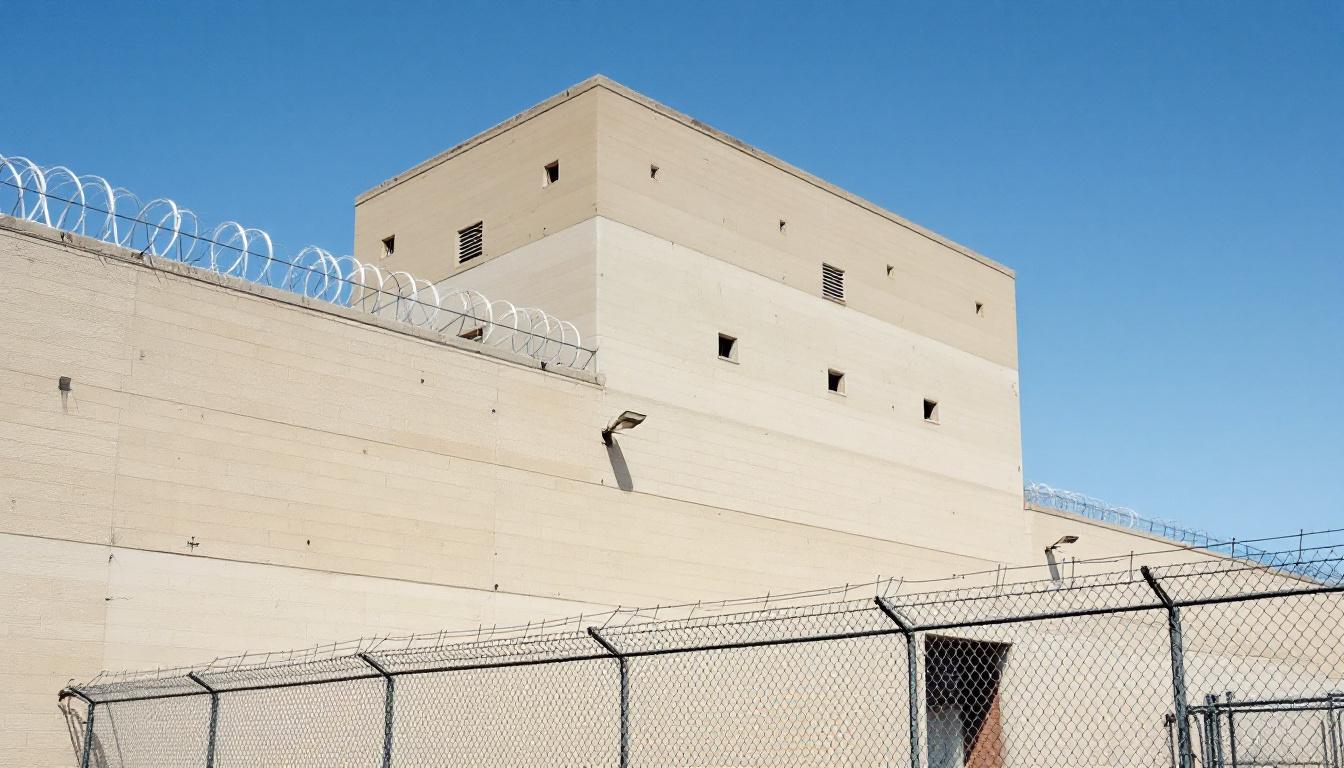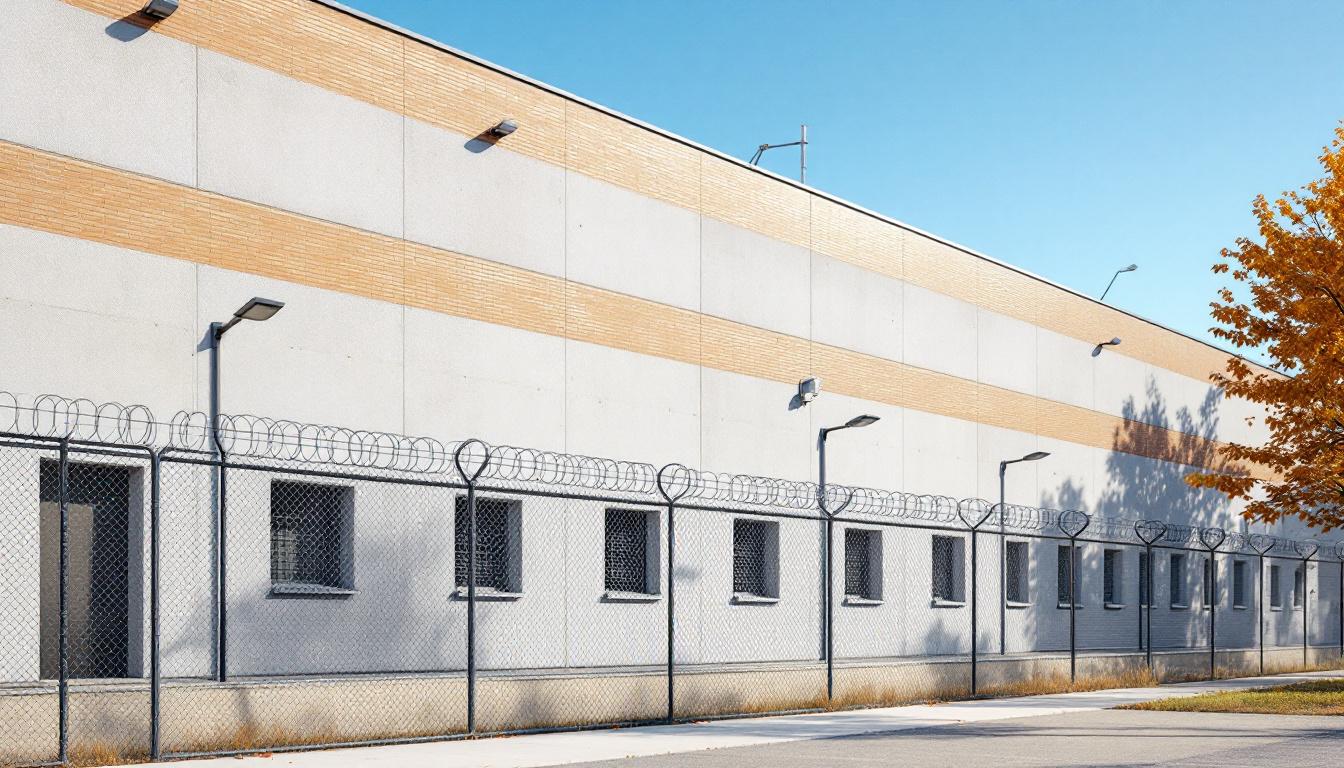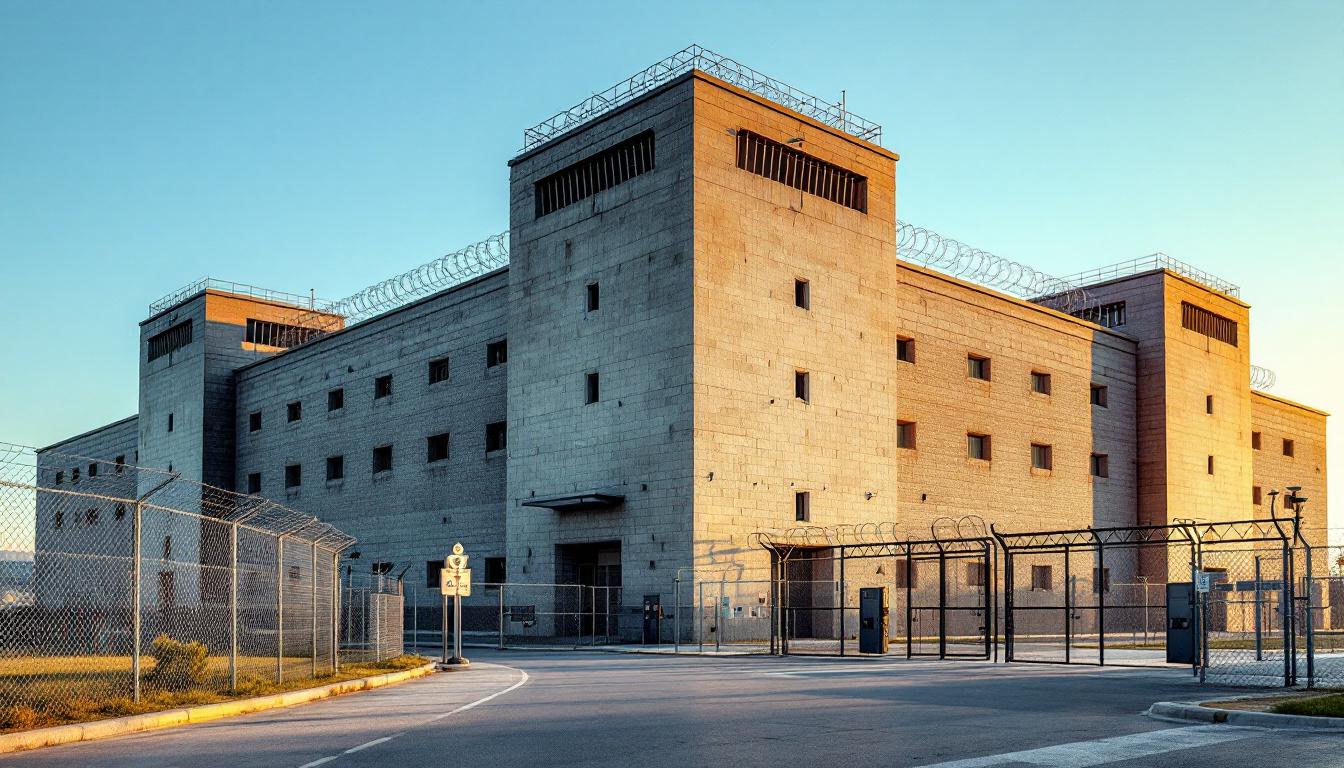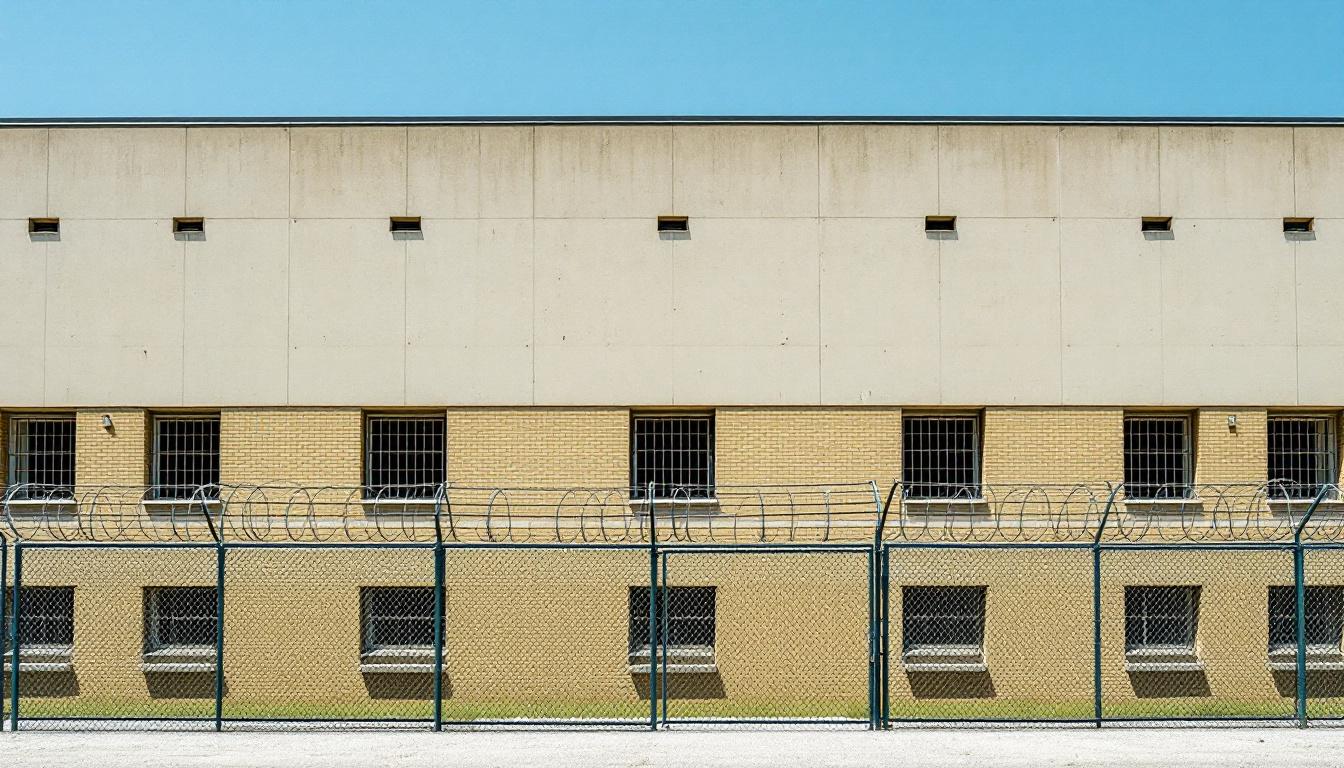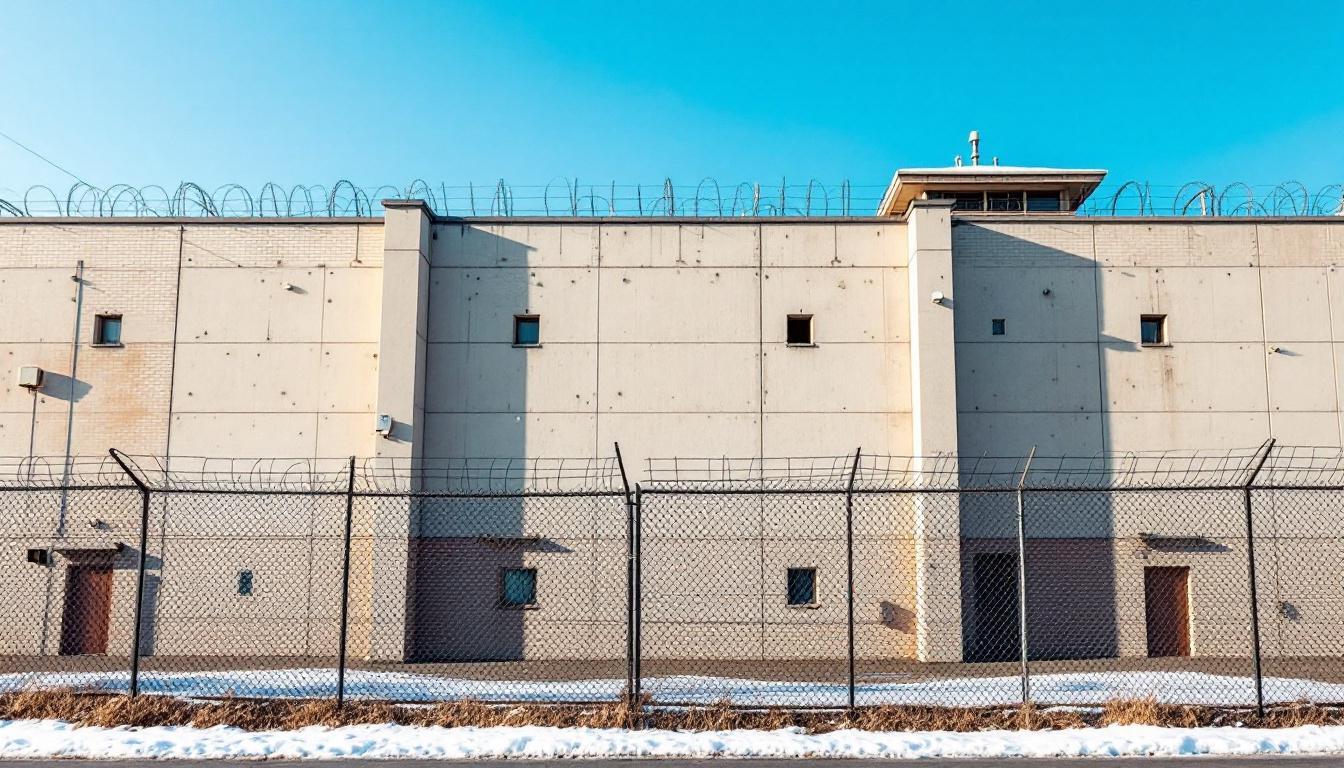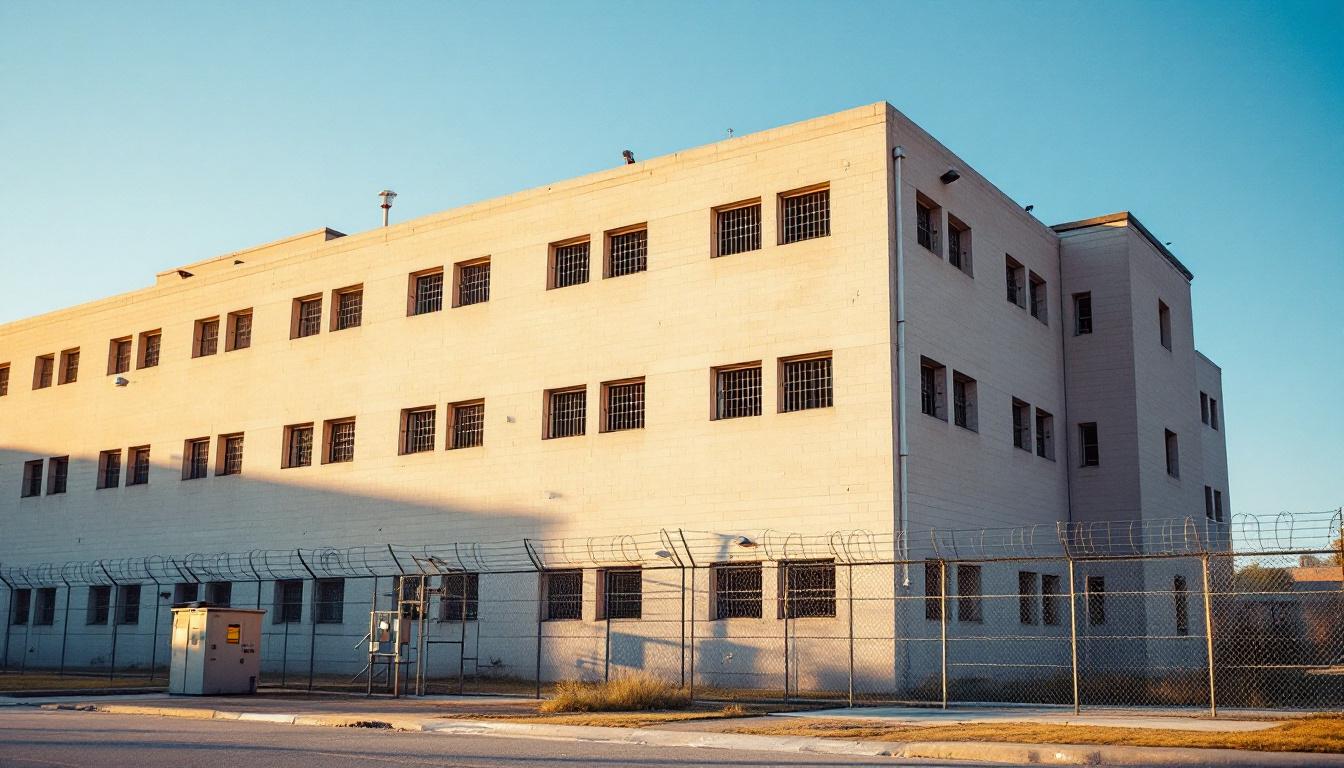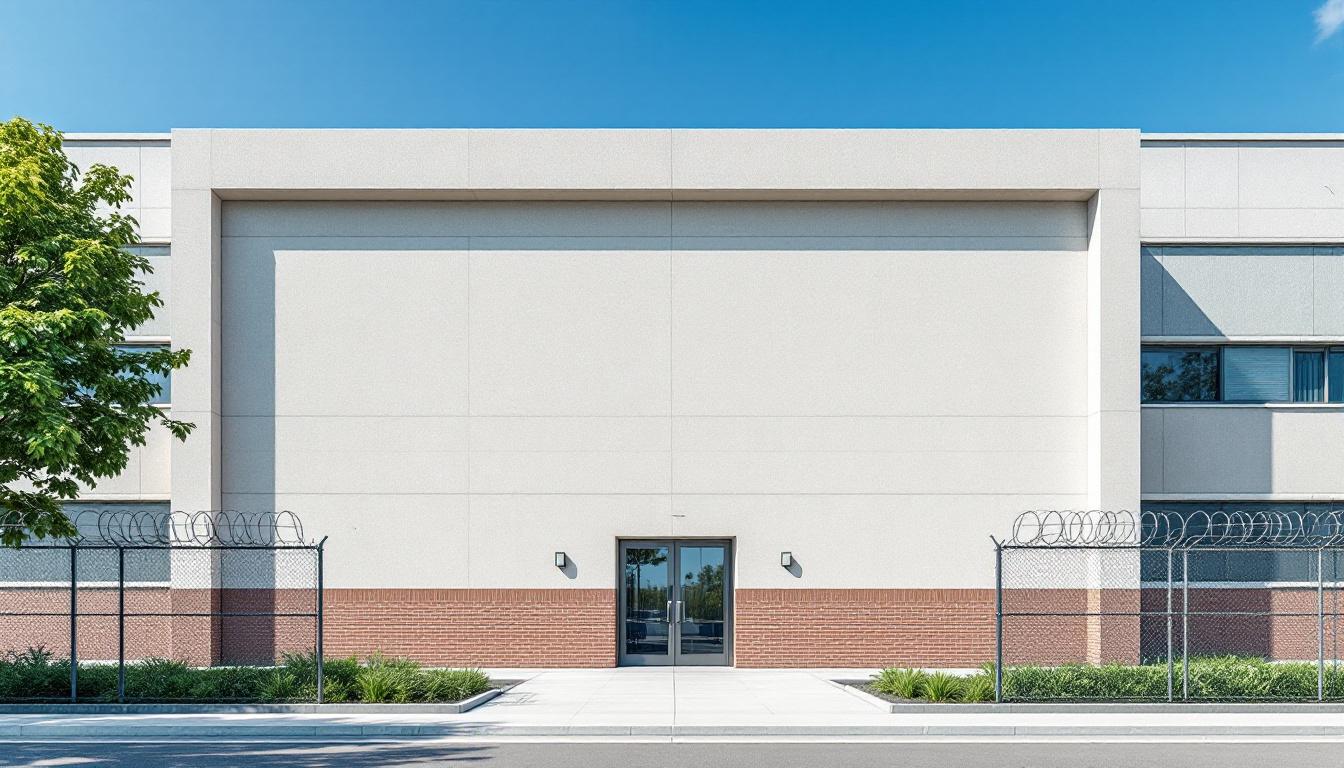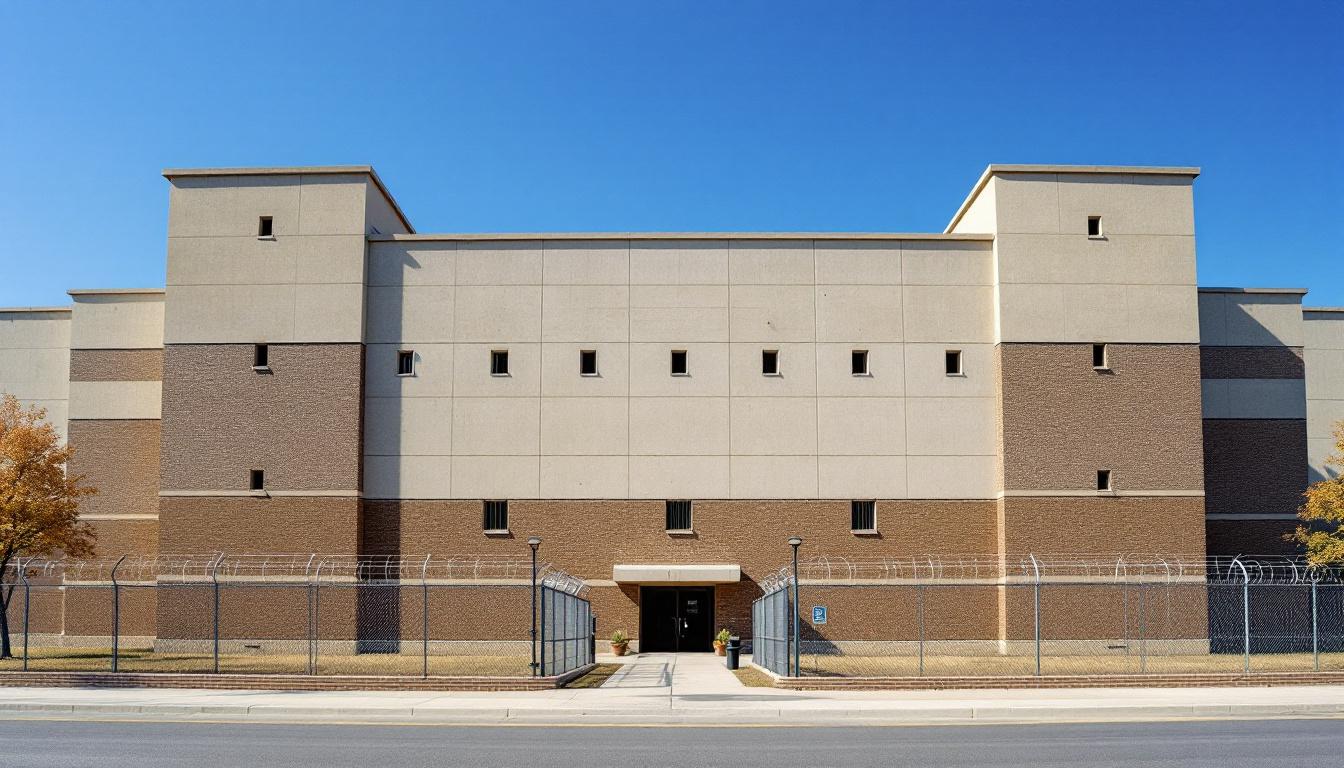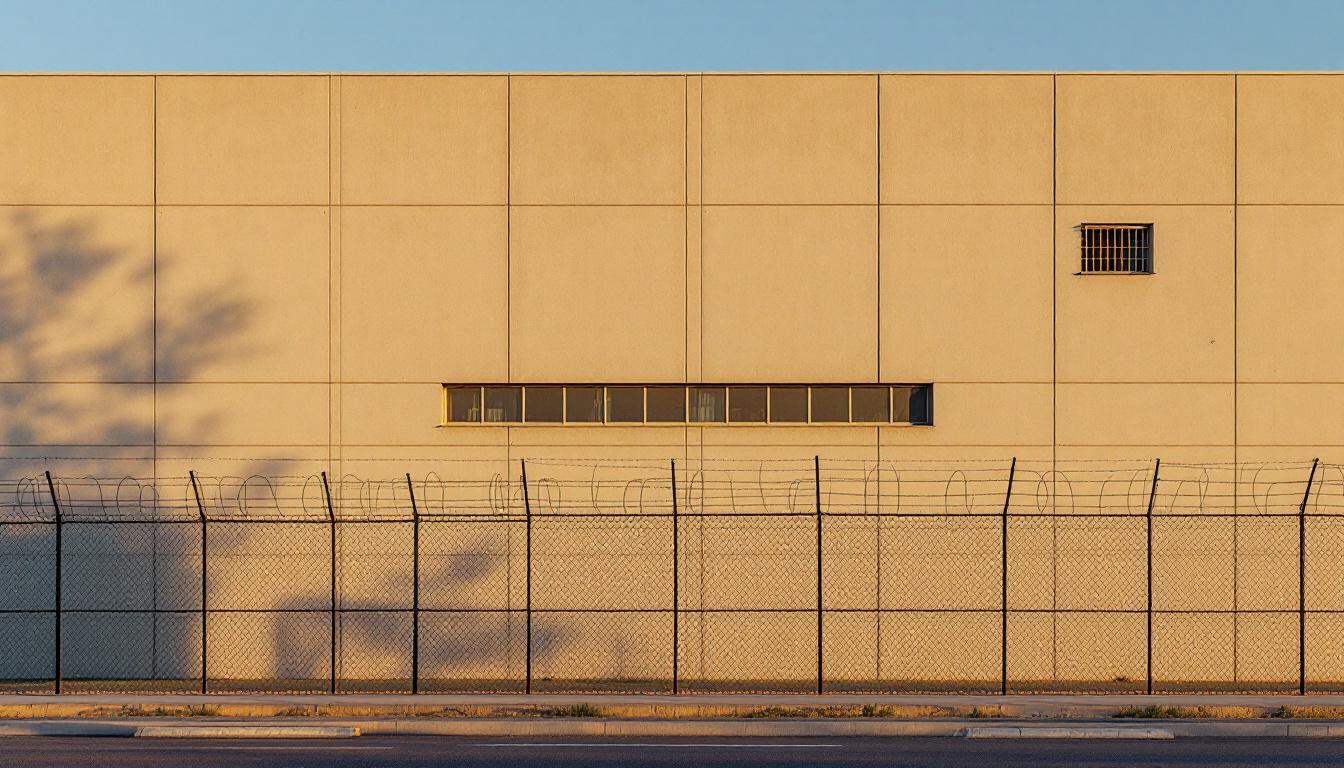
Quick Navigation
How to contact an inmate at Barrow County Detention Center
This comprehensive guide will walk you through how to connect with an inmate at Barrow County Detention Center. Follow the steps below to find an inmate and send letters and photos:
- Search for the inmate using our search tool below
- Create your account or log in to Penmate
- Write your message (up to 6,000 characters)
- Send instantly - inmates receive printed copies daily
Find an Inmate
Search for an inmate to start communicating today
Tip: You can search by first name, last name, or inmate ID number
To contact a person at Barrow County Detention Center start by searching for the person on the facility website. Perform a search by following these steps:
- Step 1: Enter their first name and last name into the search form and click "Search"
- Step 2: Locate their inmate record
- Step 3: Write down their Inmate ID and any housing information provided
Important! Be sure to enter the person's full name. Nicknames should not be used.
How to Send Messages to Inmates

You can use your phone or computer to send emails, letters, and photos to an inmate. Messages are sent electronically to inmate tablets or kiosks at the facility. If you would like to send a message, start by searching for an inmate at Barrow County Detention Center.
Sending Photos and Postcards

A great way to send love and support to a loved one at Barrow County Detention Center is to send photos and postcards. It only takes a few minutes to send photos from your phone and it makes a huge difference. You can also mail postcards with words of support and inspiration, or design your own postcard for special moments like birthdays and holidays.
Important! Be sure not to send any explicit photos or they may not be approved by the facility. You can also use a photo printing app like Penmate to make sure your photos are printed at the correct size (4x6 or 3x5) and are mailed according to the rules and regulations of Barrow County Detention Center.
Frequently asked questions about Barrow County Detention Center
-
How long does it take to deliver a message?
If you're sending an email message your letter is usually delivered within 24-48 hours. For messages sent via mail you should expect delivery within 3-7 days. All messages will need be approved by Barrow County Detention Center.
-
How much does it cost to send a message to Barrow County Detention Center?
You can send a message free using your phone or mail a message via USPS for the price of a $0.60 stamp and envelope. You can also purchase credits or e-stamps from services starting at $1.99.
-
What services can I use to contact an inmate at Barrow County Detention Center?
Penmate
You can use Penmate to send letters and photos to an inmate from your phone. It's an easy way to stay in touch during your loved one's incarceration. Use the inmate locator to find an inmate's location and contact information, then you can send messages within a few minutes.
Securus messaging
Securus may be another option for communicating with an inmate at Barrow County Detention Center. You can create a friends and family account and purchase credits to send messages. All messages will be reviewed and must be approved by the facility.
JPay
Some county jails and state prisons may support sending messages with JPay. You must register an account with the system, find your loved one, and purchase stamps to send messages. For some locations you can also attach photos.
Smart Jail Mail
You may also check if Smart Jail Mail is available at Barrow County Detention Center. Smart Jail Mail is operated by Smart Communications and has contracted with some state and county jails. After purchasing credits, your messages and photos are sent to the facility, printed out, and then handed out to your loved one.
-
What is the mailing address of Barrow County Detention Center?
Mailing address:
Barrow County Detention Center
652 Barrow Park Dr
Winder, GA 30680
Phone: (770) 307-3090Business hours:
- Monday: 8:00 AM – 5:00 PM
- Tuesday: 8:00 AM – 5:00 PM
- Wednesday: 8:00 AM – 5:00 PM
- Thursday: 8:00 AM – 5:00 PM
- Friday: 8:00 AM – 5:00 PM
- Saturday: Closed
- Sunday: Closed
-
What are the visiting hours at Barrow County Detention Center?
Visiting hours at Barrow County Detention Center vary by housing unit and security level. Generally, visits are scheduled on weekends and holidays, with some facilities offering weekday visits. Contact the facility directly at (770) 307-3090 or check their website for the current visiting schedule. Visits typically last 30-60 minutes and must be scheduled in advance.
-
What items are prohibited when sending mail to Barrow County Detention Center?
Prohibited items typically include: cash, personal checks, stamps, stickers, glitter, glue, tape, staples, paperclips, polaroid photos, musical or blank greeting cards, hardcover books, magazines with staples, and any items containing metal or electronics. Only send letters on plain white paper with blue or black ink. Photos must be printed on regular photo paper (no Polaroids). Always check with Barrow County Detention Center for their specific mail policies.
-
How do I send money to an inmate at Barrow County Detention Center?
You can send money to an inmate at Barrow County Detention Center through several methods: 1) Online using JPay, Access Corrections, or the facility's approved vendor, 2) Money orders mailed directly to the facility with the inmate's name and ID number, 3) Kiosks located in the facility lobby, or 4) Over the phone using a credit or debit card. Fees vary by method, typically ranging from $2.95 to $11.95 per transaction.
-
Can I schedule a video visit with an inmate at Barrow County Detention Center?
Many facilities now offer video visitation as an alternative to in-person visits. At Barrow County Detention Center, video visits may be available through services like Penmate, Securus Video Connect, GTL, or ICSolutions. Video visits typically cost $10-20 for 20-30 minutes and must be scheduled in advance. You'll need a computer or smartphone with a camera and reliable internet connection. Contact the facility for their specific video visitation policies and approved vendors.
-
What identification do I need to visit an inmate at Barrow County Detention Center?
All visitors must present valid government-issued photo identification such as a driver's license, state ID, passport, or military ID. Minors must be accompanied by a parent or legal guardian who can provide the minor's birth certificate. Some facilities require visitors to be on the inmate's approved visitation list, which may require a background check. Contact Barrow County Detention Center for specific ID requirements and visitor approval procedures.
-
How can I find out an inmate's release date?
To find an inmate's release date at Barrow County Detention Center, you can: 1) Use the online inmate search tool if available, 2) Call the facility's records department, 3) Contact the inmate's case manager or counselor, or 4) Have the inmate provide this information during a call or visit. For privacy reasons, some facilities only release this information to immediate family members.
Facility Overview
Contact Information
Barrow County Detention Center652 Barrow Park Dr
Winder, GA 30680
Phone: (770) 307-3090

About Barrow County Detention Center
Community-centered services form the foundation of operations at Barrow County Jail, GA, where individuals receive support designed to address both immediate needs and long-term stability. Located in Winder, this GA correctional facility typically offers educational opportunities, substance abuse counseling, and vocational training programs that help prepare individuals for successful community reintegration. Mental health services and medical care are generally available to address the comprehensive wellness needs of those in custody.
Working collaboratively with local organizations and state agencies, the facility often emphasizes rehabilitation alongside secure housing for individuals awaiting trial or serving shorter sentences. The county jail typically maintains connections with community resources throughout the Winder area, helping to bridge the gap between incarceration and community reentry. Programs may include job readiness training, literacy education, and counseling services that address underlying issues contributing to criminal behavior.
As part of Georgia's broader correctional network, Barrow County Jail serves the residents of Barrow County by providing secure detention while focusing on rehabilitation and public safety. The facility's approach generally reflects the collaborative model common throughout the south region, where county jails work closely with courts, probation services, and community organizations to create comprehensive support systems. This integrated approach helps ensure that individuals services extend beyond basic detention to include meaningful opportunities for personal development and positive change.
Programs & Services
From substance abuse counseling to career certification courses, the range of developmental opportunities at Barrow County Jail reflects a comprehensive approach to individual growth and community preparation. This facility typically recognizes that meaningful change occurs through multiple pathways, offering individuals various avenues to address personal challenges while building practical skills for successful reintegration. The programming philosophy often centers on providing structured environments where participants can develop both personal accountability and professional competencies.
Educational opportunities may include basic literacy instruction, GED preparation courses, and computer skills training designed to help individuals achieve academic milestones. Vocational training programs often focus on practical trades and certifications that align with regional employment demands, potentially including construction skills, food service preparation, and maintenance techniques. These hands-on learning experiences typically provide individuals with marketable skills while fostering a sense of accomplishment and purpose during their time at the facility.
In addition to this educational and vocational foundation, comprehensive support services address the underlying factors that may contribute to criminal behavior. Faith-based services often provide spiritual guidance and community connection through regular worship opportunities and pastoral counseling. Volunteer programs typically bring community members into the facility to mentor individuals and facilitate various enrichment activities. Domestic violence programs may offer specialized counseling and education designed to help participants understand healthy relationship dynamics and develop conflict resolution skills, creating a holistic support system that addresses both immediate needs and long-term behavioral change.
Daily Life & Visitation
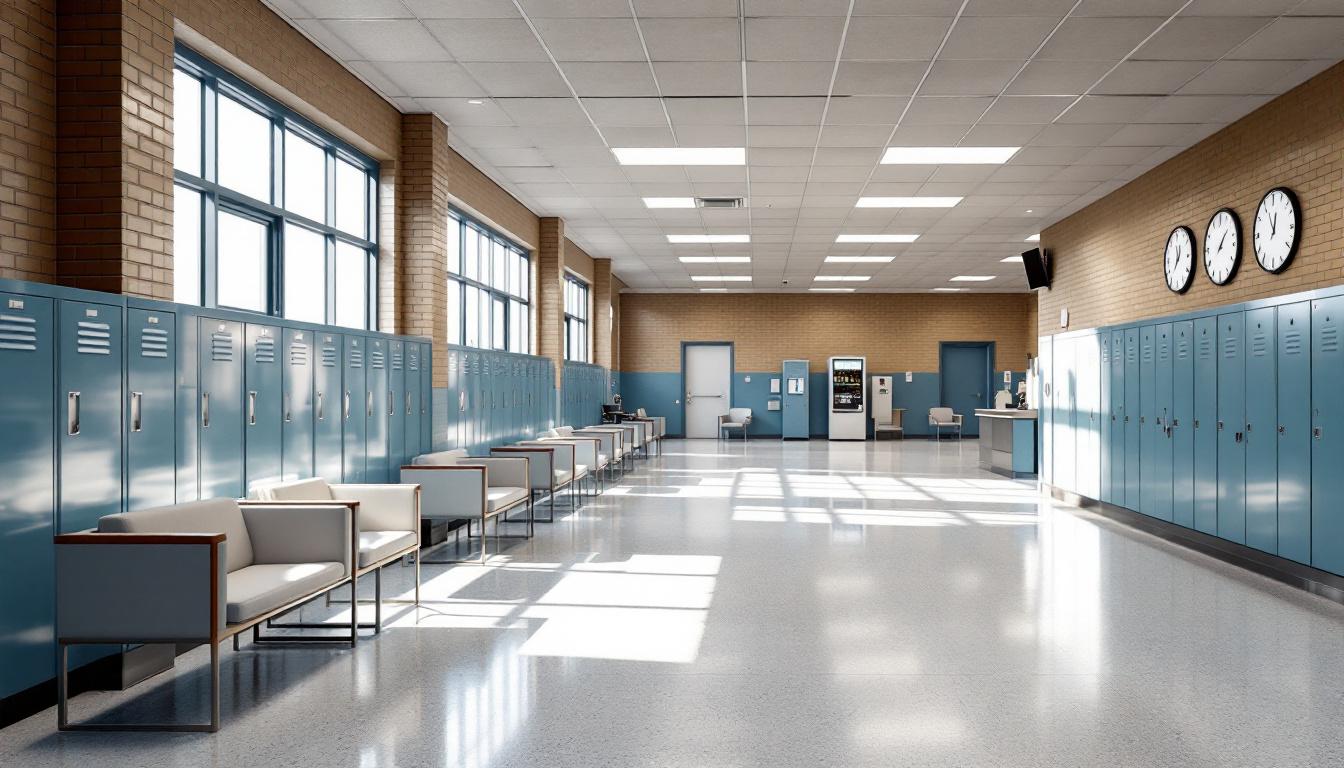
The sound of morning announcements typically marks the beginning of another structured day for individuals housed within the facility's walls. Today, like every day, follows a consistent routine that begins early with wake-up calls and head counts. Generally, individuals can expect their days to be organized around scheduled meal times, programming activities, and various facility operations that maintain order and security throughout the housing units.
Living accommodations at the facility typically consist of shared cells or dormitory-style housing units, where individuals may be housed with one or more roommates depending on classification levels and available space. Personal property is usually limited to essential items and approved commissary purchases, which individuals can typically access on designated days throughout the week. The dining arrangements generally involve scheduled meal times in common areas, where individuals receive meals that meet basic nutritional requirements and accommodate certain dietary restrictions when medically necessary.
In addition to this structured routine, the facility may offer various recreational and programming opportunities that help individuals maintain physical fitness and develop useful skills. Exercise periods often include access to outdoor recreation areas or indoor spaces where individuals can engage in physical activities. Despite this structured environment, family connections remain important, and the facility typically provides visitation opportunities and phone access that allow individuals to maintain contact with their support systems. Work assignments within the facility may include kitchen duties, cleaning responsibilities, or other maintenance tasks that help individuals stay occupied while contributing to daily operations.
Ready to Connect?
Start communicating with your loved one today
Search for an Inmate
